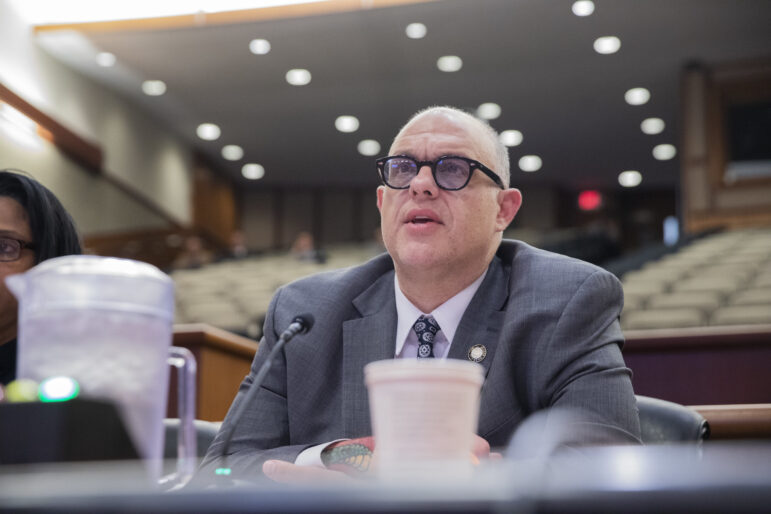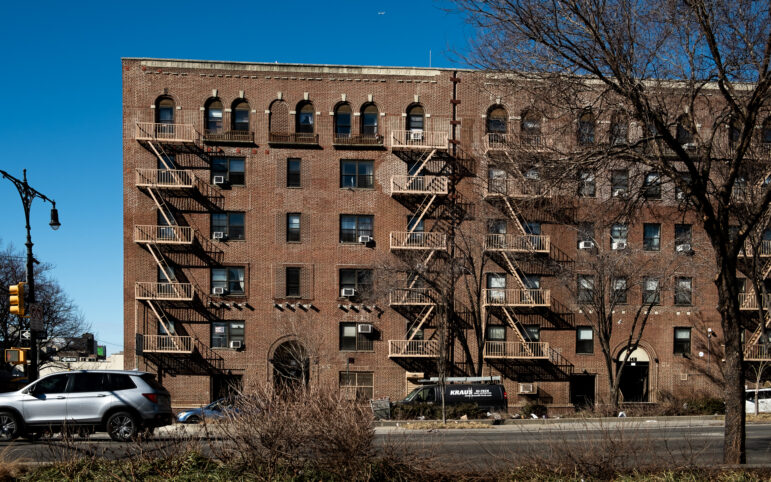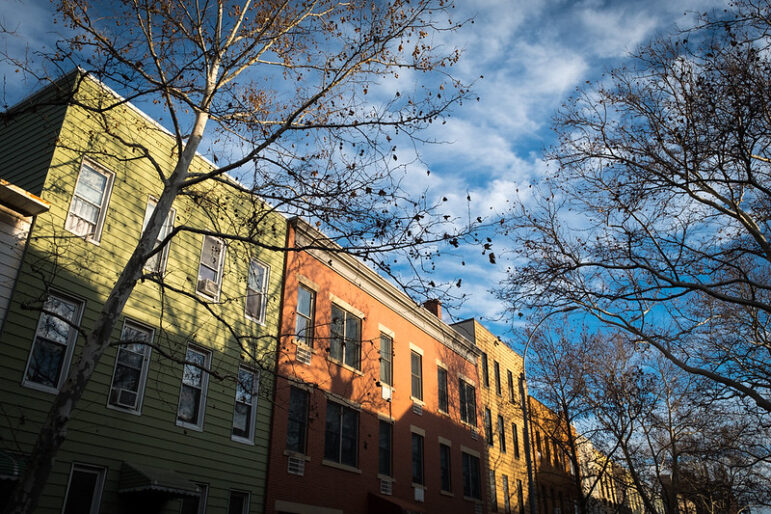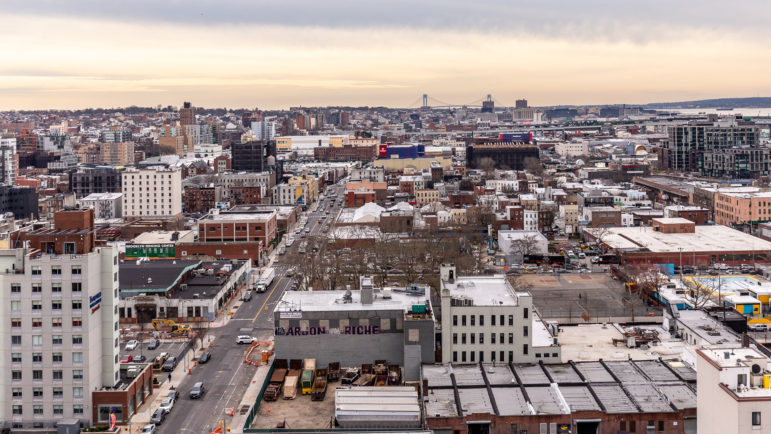Ask Sowore Omoyele what involvement he intends to have in next year’s elections in Nigeria, and he sounds nothing like the numerous Nigerian–American civic leaders who plan to finance campaigns and even run for office in their country of origin. “I don’t have enough trust in the democratic process there,” he says. “We walked away from militocrats, and walked into a moronocracy.”
Omoyele is entitled to be cynical. As the former leader of a national student organization critical of Nigeria’s military rulers and the subsequent administration of democratically elected Olusegun Obasanjo–each presided over declining standards of living, corrupt dealings with oil companies, oppression of minorities and epidemic violence–he was repeatedly jailed and tortured by government police and hired thugs. Democracy, he points out, goes nowhere without strong civic institutions; it’s with that in mind that Omoyele, at 31, continues to help operate a human rights school in Lagos, which trains young people to be government watchdogs.
But now, he’s in a very different place. In 1999, he came to the torture survivors program at Bellevue, and successfully obtained asylum in the U.S. Currently a student at Columbia’s School of International and Public Affairs and lecturer for Amnesty International, Omoyele also works as a case manager for other torture victims through Solace, a project of Safe Horizon. Government here doesn’t make recovery any easier. “New York City treats refugees as welfare recipients,” he notes. “They want to put you on the back of a trash truck.” Safe Horizon is currently working with the city to find alternatives to workfare for refugees.
For Africans in New York, there are churches, restaurants and markets, but not, Omoyele laments, a larger shared community; there are likewise few connections with African Americans. Filling those gaps is also the mission of the magazine The African, where Omoyele is a contributing writer.
Though he doesn’t plan to go back to Nigeria anytime soon–he wants to work in support of popular movements internationally-his experiences there both plague and inspire him. “It fires my activism,” he says. “There’s something very central about torture–its single purpose around the world is to silence the fighting human spirit. What I’m doing is to remove the blindfold.”








